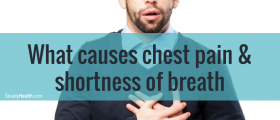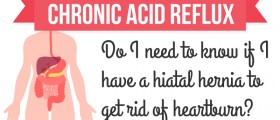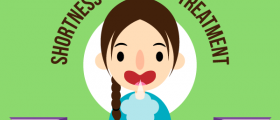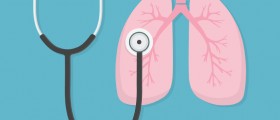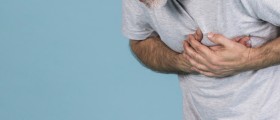Feeling spasm under solar plexus or bottom of sternum; feels like heart has fluttered, and/or raced; for some, it occurs doing intense exercise like running, competitive bicycling, weight lifting, intense sexual exercise, etc; for others, it occurs during elevated levels of stress or panic attack; symptoms are no pain in center of chest but an asthma (shortness of breath) like moment which feels as if it is coming from the heart however after numerous heart tests, heart shows to be healthy. THE cause is "improper breathing." Proper breathing must be "visible abdominal breathing," and not "visible chest breathing." Breathing with your chest (noticed by the chest visible moving in and out more than the abdomen) causes shallow oxygen intake and straining of the diaphragm. The diaphragm then "spasms."
During intense exercise, people tend to make, "shallower, strained, chest breathing." During intense sexual exercise or near orgasm, people tend to do this naturally causing a slight degree of asphyxiation for the euphoric feel of orgasm. People with high levels of stress or panic disorders perform "panicked short, chest breathing," as a part of their symptoms. Those who take medications for stress are alleviating the cause and effect of stress/panic attacks, thus eliminating the "panicked breathing," symptom.
If you are unable to take a deep abdominal breath, you may have a "Hiatal Hernia." Hiatal Hernia's can be repaired. Diaphragm spasms can go away by being very, literally conscious of the way in which you breathe. You can train/re-train yourself to breathe properly via abdominal breathing during intense exercise, during stress or a panic attack. Practice is effective after six months to a year of conscientious effort. Practicing while resting, sitting, lying down, or right before sleep will re-train the body and mind. There are no medicinal cures for diaphragm spasms. You cannot die from this. It is no different from a muscle spasm in your leg or arm. It is believed that people who breathe improperly are prone to chronic illness, fatigue, dizziness, short sleep cycles and/or tight chest cavity "feelings."
